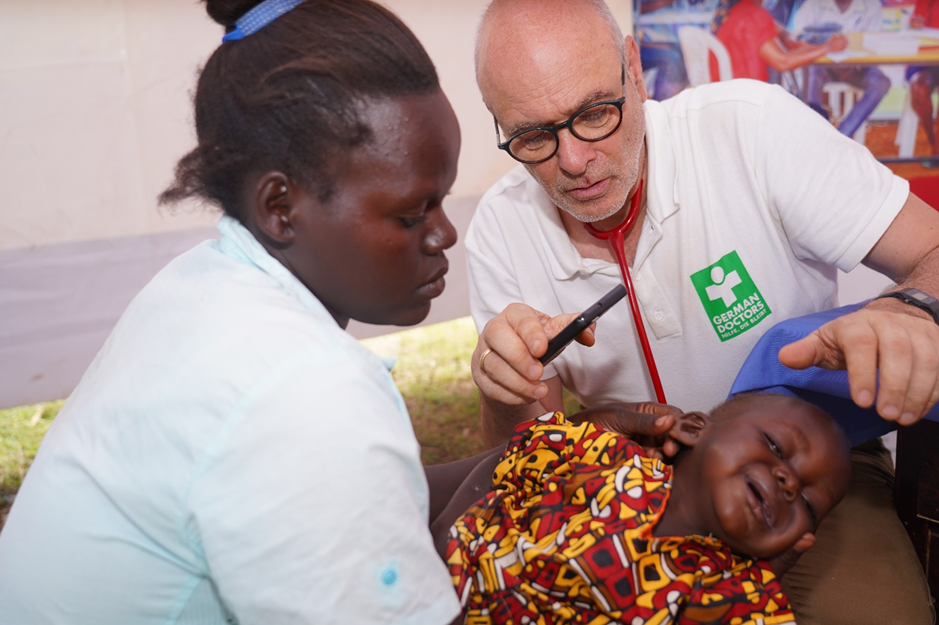EMPOWERING WOMEN, SAVING LIVES: ZAINA'S STORY OF COURAGE AND CARE

The story of 21-year-old Tigulawo Zaina from Sidani village speaks volumes about the urgent need for health education and accessible reproductive health services in rural Uganda. Like many young women, Zaina faced challenges that left her vulnerable, uninformed, and overwhelmed by motherhood at a tender age.
At just 21 years old, Tigulawo Zaina of Sidani village is already a mother of four. Her life is a portrait of resilience, painted with the challenges of early motherhood, poverty, and limited access to reproductive health services.
Zaina first became pregnant at 14 a childhood cut short by responsibilities far beyond her years. Now, two of her children are battling malnutrition, a direct consequence of un spaced pregnancies and lack of sufficient food.
“I didn’t plan to have children this way,” she shares in a low tone. “But I didn’t get the chance to grow before I had to raise someone else.”
After the birth of her first child, Zaina tried to take charge of her reproductive health and sought out family planning. However, complications followed. “I used to have constant back pain, weight loss, and severe headaches,” she recalls. “Everyone in the village was advising me to stop. I went back to the health facility and they removed the implants.”
Her story mirrors that of many young mothers across the region, where myths, health side effects, and lack of spousal support create major barriers to family planning. “I wanted to give my children a better life,” Zaina says, “but I didn’t know where to turn for help after I got sick.”
Without supportive systems both at home and within health services young women like Zaina are left to face impossible choices alone. Her voice is a plea, not only for food and medical care, but for a society that empowers women with education, support, and choices.
After experiencing health complications with family planning, Zaina discontinued her contraceptive method without fully understanding the cause of her symptoms. “I think I was impatient. I listened to people’s misconceptions and rushed to remove the implants,” she admits. “But I’m grateful that during my antenatal visits, the health workers encouraged me to breastfeed my baby. That support gave me hope again.”
Her third child, three-year-old Kisoferi Yona, has been suffering from malaria and chronic otitis media since January 2025. With no money and no effective help from the already distant government health facility, Zaina resorted to using local herbs but Yona’s condition worsened. “He stopped eating. I was deeply troubled and didn’t know what to do,” she shared, burdened by the added responsibility of caring for a four-month-old infant and two other children.
Living far from any health center, Zaina faced the heartbreaking task of carrying two children on long journeys in search of treatment. But hope arrived through our integrated health community outreaches under the Inclusive and Equitable Health Services (IEHS) project supported by German Doctors.
“The team helped me with malaria treatment, medicine for his ear infection, and a referral to receive food rations from the health facility,” Zaina explains. “My child used not to sleep well at night, and that weighed heavily on me. But now, I’m happy he’s finally getting better.”
Her story is a powerful reminder of the impact that community-based health interventions can have especially when they go beyond treatment and offer education, empathy, and empowerment.
Without proper information, Zaina’s early decisions were driven by fear and misinformation. Her journey underscores the urgent need to strengthen health education programs, especially for young women in underserved communities, so they can make informed choices about their bodies and families.
Zaina’s voice is one of hundreds being heard through the IEHS project intervention, not only healing bodies, but restoring dignity and hope to families who need it most.
